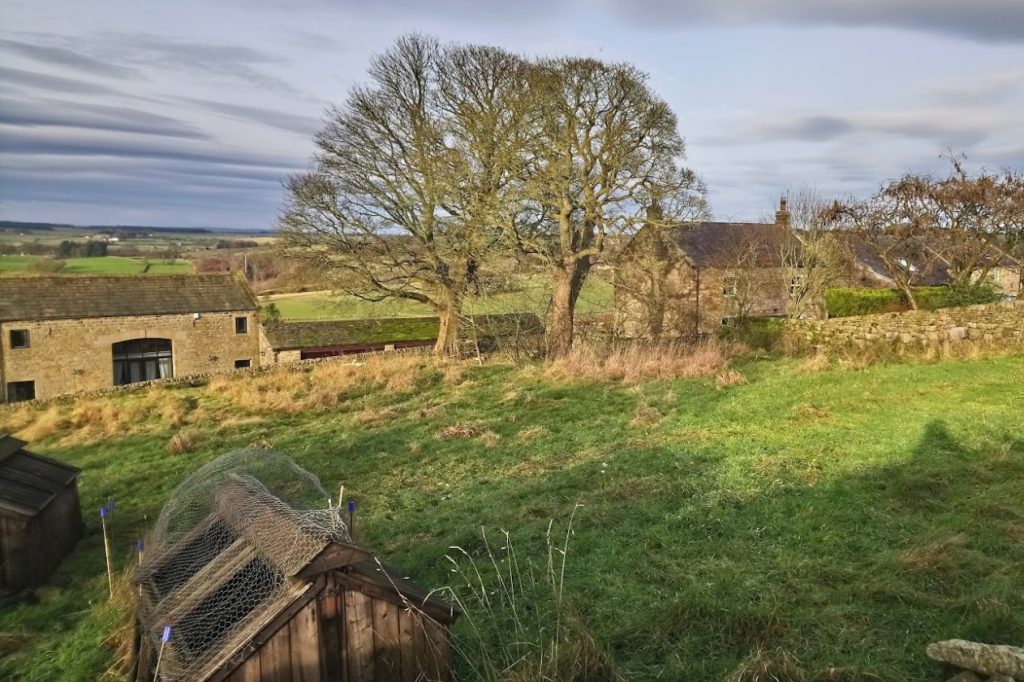Alone, together
Who will be hardest hit by the lockdown and recession?

About the author
Richard Bailey Hon FCIPR is editor of PR Academy's PR Place Insights. He teaches and assesses undergraduate, postgraduate and professional students.

‘Shades of the prison-house begin to close | Upon the growing boy’
As we went into lockdown, our thoughts turned to those most immediately at risk. If elderly neighbours and relatives were unable to go out to the shops, then who would provide their food and medicine? Many in this category also live alone, suggesting they would also suffer from a lack of human contact during the social distancing measures.
Our next thoughts were for those struggling through loss of work. Many freelance practitioners have experienced a sudden downturn. Those who also live alone will not only be losing out on income, but on the purpose and stimulation provided by work.
Young people seemed at the outset to merit less attention. They are least likely to suffer badly from the virus. School age children still have some structure, and should have support at home. But university students faced a dilemma: should I stay or should I go?
I’ve spoken to some who left for home in good time. I’ve spoken to others who decided to stay in their university accommodation, as they’d already paid for it and thought they’d be in a better place to continue their studies.
They’re now alone in their rooms, with their universities closed, facing the same restrictions as everyone else.
Many of those elderly people who I thought of first are resourceful and resilient. They’re used to coping with life’s struggles, and may be accustomed to living alone.
The single practitioner who works for themselves has probably made a series of decisions, and has had time to get to know themselves, to explore their motivations and develop their resilience and networks.
Young adults, for the most part, have not. They have been tested again and again through school, but in a supportive educational environment that has tried to protect them from failure. By choice they ask for safe spaces. Their media selection suggests a preference for Disney and Harry Potter over the uncertainties and harshness of adulthood. Nothing has prepared them for a world in lockdown, and from the sudden switching off of face to face education and group socialising.
Our #prstudent #bestPRblogs winner from the last two years, who graduated last summer, has been reflecting on the dilemma she would have faced had this happened a year ago. Orlagh Shanks writes:
If I was still in Liverpool, I would either have to choose between staying in my apartment by myself for the foreseeable or moving back home with my mum and dad. I think I probably would have developed cabin fever after day three if I had to move home, stuck in the middle of the countryside with nothing to see or do and only my cats for company.
Orlagh is spending a year on an internship in New York. In this blog post she describes her living arrangements in New Jersey, in shared accommodation – even shared bedrooms – with other interns. What’s worse, I wonder? Living alone, or living together with strangers?
Universities are doing all they can to help their students. Some are waiving accommodation costs. All have switched exams to coursework, have made alternative arrangements for teaching and supervisions, and have extended the submission deadlines. But for a student struggling for motivation and living with anxiety, an extended deadline offers no relief. It only prolongs the challenge and defers the end point.
And what next? Most final year students would have expected to receive their grades and to graduate with a final ceremony in the summer before moving on to their next chapters in their lives. Should they seek graduate work, and if so where? Should they take time out to travel? Should they consider a further degree or training?
In normal times, there are plenty of questions and no easy answers. But these are not normal times, and this year’s graduates won’t have the luxury of so much choice. They don’t know when travel restrictions will be lifted, or where they will be safe. Perhaps the world is not a safe space after all.
We expect a recession – and can anticipate a longer depression to follow the lockdown. This will limit opportunities and salaries for graduates for years to come.
I’d rather over-optimistically anticipated a burst of energy around student blogging, given the extra screen time and the need for virtual conversations. Instead, something else seems to be happening. The four walls seem to be acting like Wordsworth’s metaphorical prison cell, and the lack of stimulation seems to be restricting creativity.
Others seem to be suffering from Orlagh’s cabin fever. Not everyone can live like me, ‘stuck in the middle of the countryside with nothing to see or do and only my cats for company.’
That’s my preference, and I’m sufficiently practised to cope. It’s others I’m more concerned about. Most of us will survive the virus, but all will have to live with the economic and psychological consequences for years to come.
What can I suggest? Only the small things. To be kind, to take advantage of the opportunity to make and maintain personal relationships if only online or by phone, and to rethink the confines of our prison-cells and realise the opportunity this presents for reflection and for self-improvement.